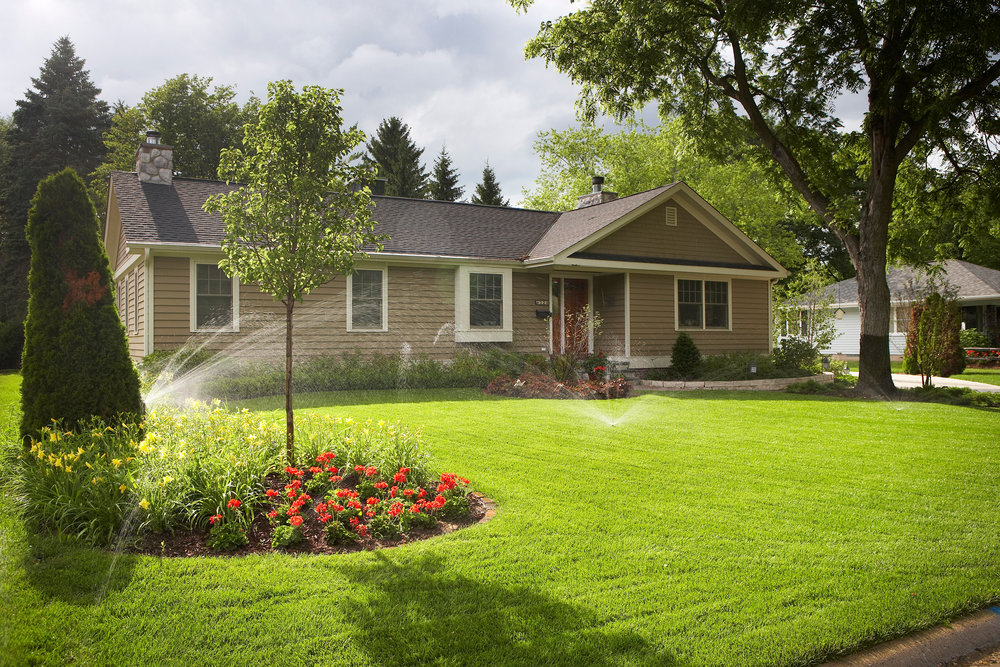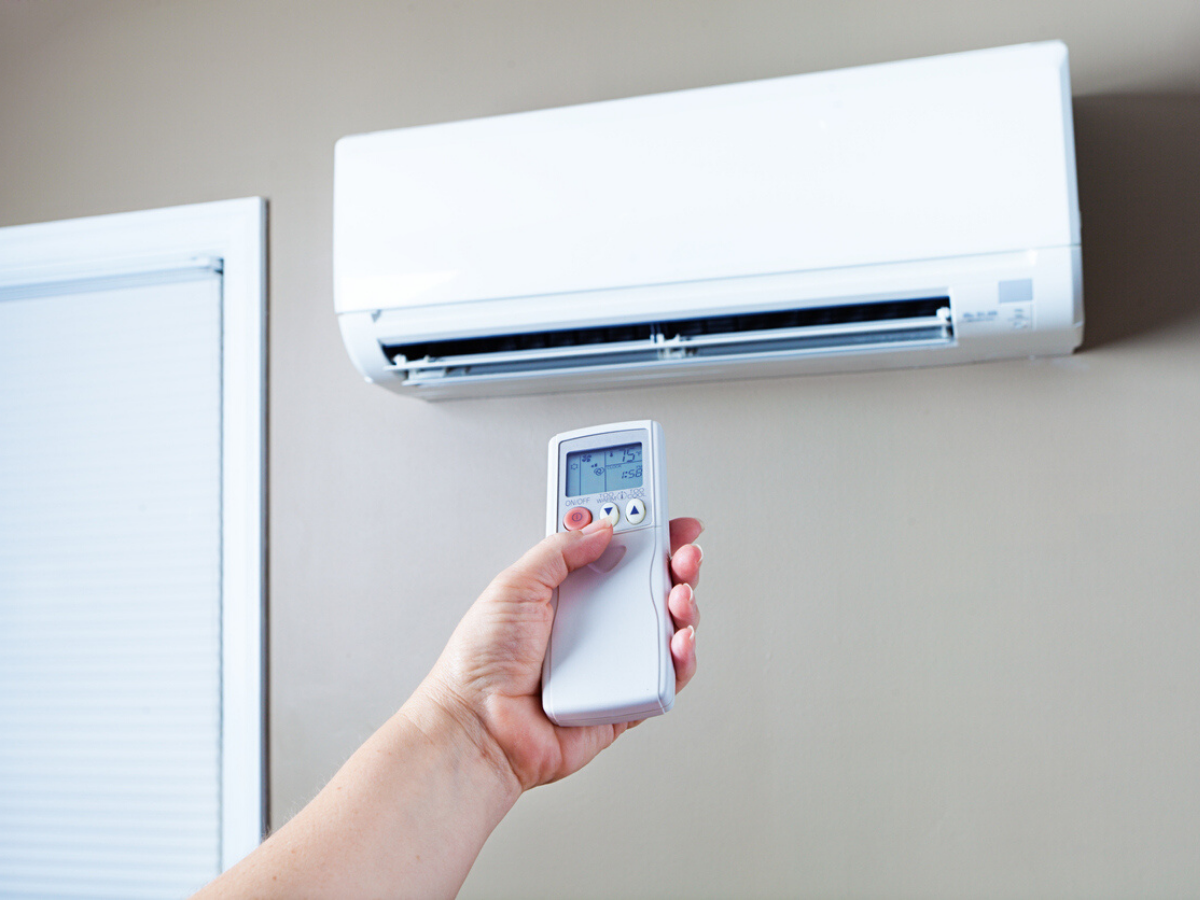When it comes to watering your lawn or garden, a home sprinkler system can be a huge help. Many different sprinklers are available on the market, but all sprinklers have eight main parts in common. Knowing what these parts are and how they can help you choose the right sprinkler for your needs and troubleshoot any problems that may arise. The various parts of a home sprinkler system used in landscapes are:
Sprinkler Head
The sprinkler head is the part of the sprinkler that sprays water onto the lawn or garden. It is typically made of plastic or metal and has several adjustable nozzles that determine the width and intensity of the spray. The sprinkler head is attached to the riser and the lateral pipe.
Riser
The riser is a metal or plastic tube that rises from the ground and connects the sprinkler head to the lateral pipe. The riser is usually around 12 inches (30 cm) tall but can be cut to the desired height before installation.
Lateral Pipe
The lateral pipe runs outside your home and feeds water to each sprinkler head in the system. It typically comes in sections 6 feet (1.8 m) long to be cut to size before installation. The length of this pipe will determine how far apart you need to space your sprinkler heads when installing them in your lawn or garden. Lateral pipes are connected to the main water line through threaded connectors called fittings, which clamp onto both ends of the lateral pipe and create a tight seal that prevents leaks while still allowing for easy assembly and disassembly.
Main Water Line
The main water line is the large-diameter pipe that delivers water from your home’s water supply to the sprinkler system. This pipe is typically buried below ground and runs from your home to the backflow preventer. The backflow preventer is located near the point where the lateral pipe leaves your property.
Backflow Preventer
The backflow preventer is a critical part of any sprinkler system and helps protect your home’s drinking water from contamination. It is a metal or plastic device that attaches to the main water line and prevents dirty water from flowing back into the house plumbing. Without a backflow preventer, your home’s drinking water could be contaminated with pesticides, fertilizers, or other hazardous chemicals that are being used in your lawn or garden.
Pressure Regulator
The pressure regulator is also common in landscaping sprinklers like Denver Omni Sprinkler. It controls the amount of water pressure coming from your home’s water supply. High water pressure is needed to properly operate sprinkler heads because they shoot out a concentrated water spray at high velocity. Without a pressure regulator, the sprinkler heads may not operate correctly and might even be damaged by the excessive force of rushing water.
Timer
A timer can help save you time and money by automatically turning your sprinkler system on and off throughout the day while you are away from home or asleep. This …



